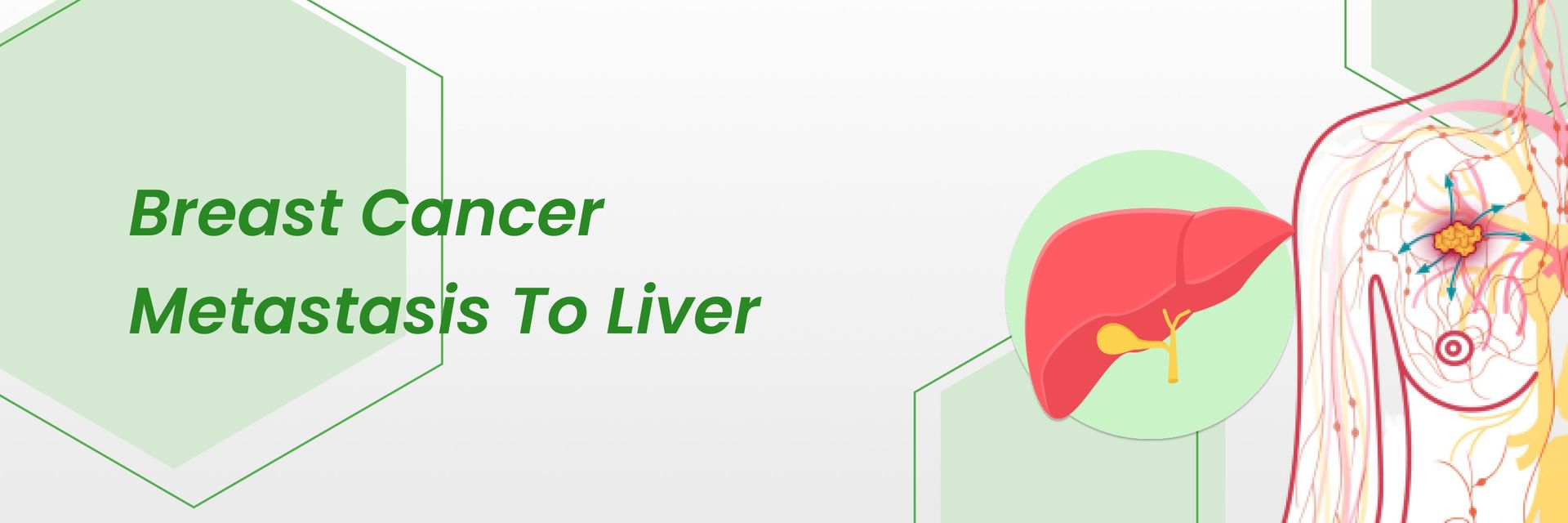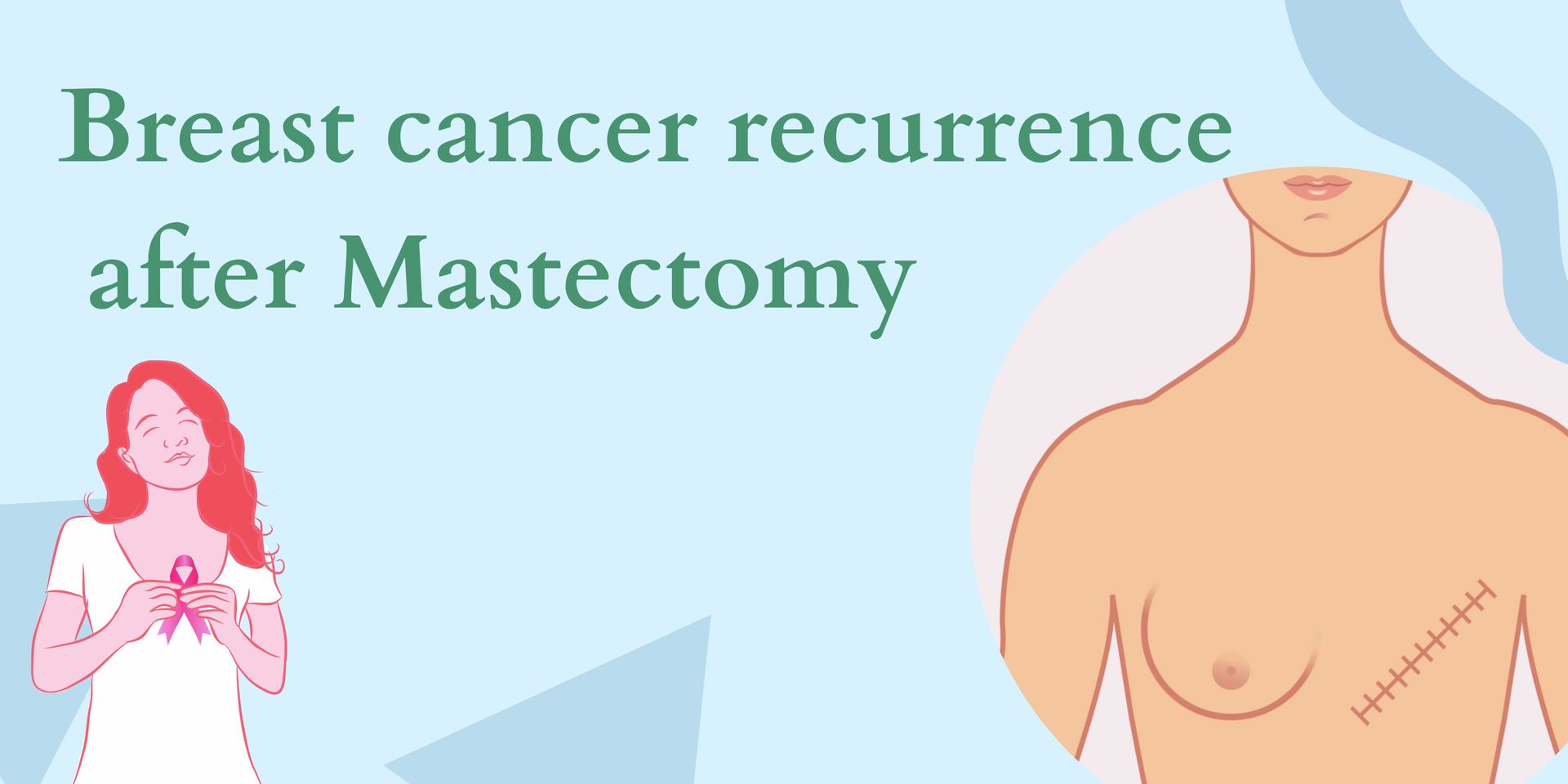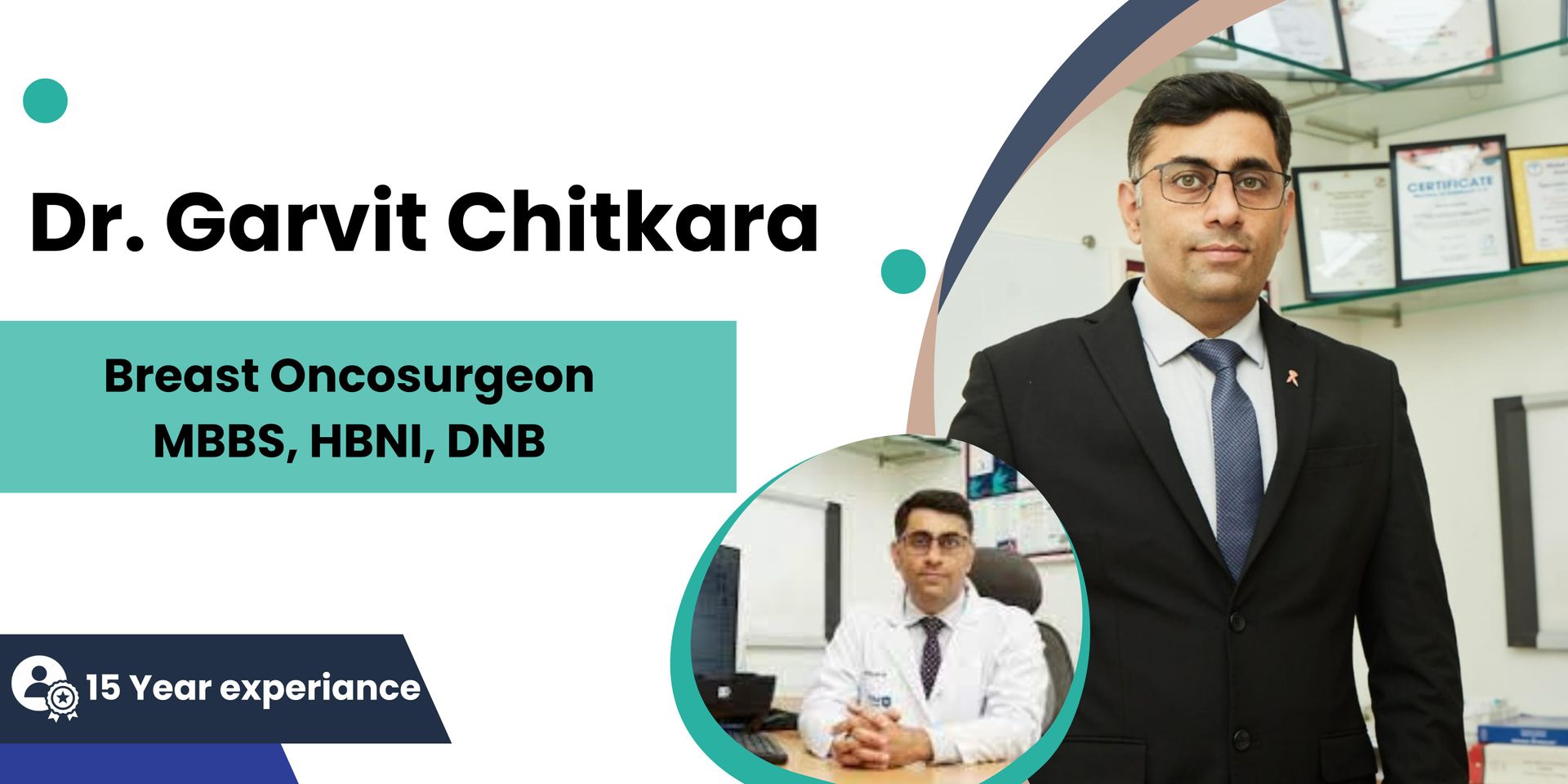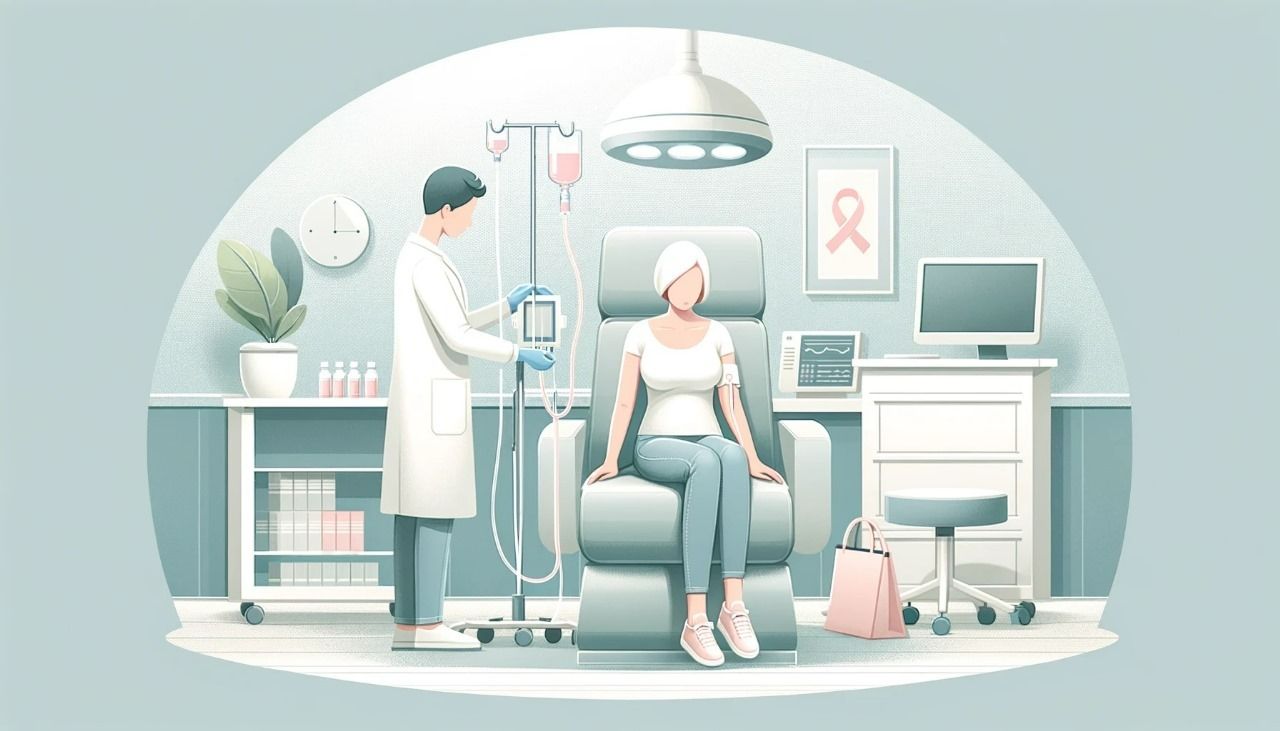Have you ever imagined a doctor crafting a treatment plan specifically for you?
That's the heart of precision medicine. This innovative approach tailors treatments to individual needs by focusing on your unique genetic makeup and lifestyle, especially when it comes to treating complex diseases like breast cancer.
But why is Precision Medicine important for Breast Cancer care?
Each year, breast cancer touches the lives of over 2.3 million women globally, and each case is different from the others. It comes in several types, each requiring different approaches to treatment and care.
Precision medicine for breast cancer offers a beacon of hope, providing treatments targeted to the specific type of breast cancer a patient has. This approach not only boosts the effectiveness of treatments but also lowers the risk of harsh side effects.
If breast cancer is a concern in your life, exploring precision medicine could open the door to tailored and more effective treatment strategies. Connect with the best oncologist in India to learn more about customised breast cancer treatment.

Are you still confused about precision medicine and its effectiveness for breast cancer treatment? Then read ahead for more detailed information.
Advancements in Precision Medicine for Breast Cancer

Precision medicine is an approach that aims to optimize efficiency and therapeutic success by considering individual variability in genes, environment, and lifestyle for each person. Precision medicine for breast cancer employs advanced technologies, such as genomic sequencing and biomarker testing, to deliver highly personalised care. By tailoring treatments to the unique genetic profile of both the patient and the tumor, precision medicine aims to optimise therapeutic effectiveness and minimise side effects. Most cancer hospitals in India provide a cutting-edge approach that personalises healthcare to unprecedented levels, ensuring that treatment is as effective and gentle as possible.
- Principles of Precision Medicine:
- Personalization: Treatments are designed to fit personal genetic and molecular profiles.
- Prediction: It helps predict susceptibility to diseases and their progression.
- Prevention: With better disease prediction, it aims to prevent diseases from occurring.
- Participation: Encourages patients to participate actively in their care by sharing their health data and engaging in decision-making.
- Latest Research and Breakthroughs in Targeted Therapies:
- PARP Inhibitors: These drugs are designed for patients with BRCA mutations and work by preventing cancer cells from repairing their DNA, causing them to die.
- CDK4/6 Inhibitors: Used in hormone receptor-positive breast cancer, these medications help delay by interfering with specific proteins in cancer cells.
- Monoclonal Antibodies: Drugs like trastuzumab target the HER2 protein, which is overexpressed in some breast cancers, helping to stop or slow the growth of cancer cells.
- Differences from Traditional Cancer Treatment Approaches:
- General vs. Specific: Traditional approaches often use a generalized method for all patients regardless of their diverse backgrounds. Precision medicine uses specific data to treat individuals.
- Reactive vs. Proactive: Traditional medicine reacts to diseases as they occur, whereas precision medicine tailors preventive strategies and treatments.
- Trial and Error vs. Targeted Treatment: Instead of the trial-and-error method of finding the right treatment, precision medicine aims to get it right the first time using genetic and molecular profiling.
Are you curious how these advancements could benefit you or your loved ones? Understanding precision medicine could empower you with choices that may lead to better health outcomes.
The Role of Genetics in Breast Cancer

In breast cancer, genetics play a crucial role in determining not only the risk of developing the disease but also the best ways to treat it.
Genetic Factors Influencing Breast Cancer:
- BRCA1 and BRCA2 Mutations: These genes, when mutated, increase the risk of breast and ovarian cancers. Women with these mutations have a higher likelihood of developing breast cancer at a younger age.
- Other Genetic Markers: Besides BRCA1 and BRCA2, genes like PALB2, TP53, and PTEN are also linked to higher breast cancer risks.
- How Genetic Profiling is Done:
- Blood or Saliva Samples: Genetic tests usually include a blood draw or saliva sample.
- Laboratory Analysis: These samples are analyzed in a lab for specific genetic mutations that increase cancer risk.
- Counselling: Genetic counselling is recommended before and after testing to help understand the risks and implications of the results.
- Importance in Treatment Planning:
- Targeted Therapies: Knowing the genetic profile can help doctors select medications that target specific pathways influenced by genetic changes, such as PARP inhibitors for BRCA mutations.
- Risk Reduction: For those with high-risk mutations, options like preventive surgeries or more frequent screenings can be considered.
- Family Planning: Genetic insights can help family members understand their risks and consider preventive measures.
Wondering how precision medicine can make a real difference in breast cancer treatment?
Benefits of Precision Medicine in Treating Breast Cancer

It’s all about personalization to fit each patient’s unique condition.
Personalized Treatment Plans:
- Development Process: It starts with detailed tumor and patient genetic profiling. This information helps to map out a treatment that targets specific pathways involved in the patient’s cancer.
- Collaboration: Specialists such as oncologists, geneticists, and pharmacologists work together to interpret the genetic data and decide the best course of action.
- Ongoing Change: Treatments are adjusted based on how well the patient responds and any changes in their condition.
Improved Outcomes with Precision Medicine:
- Reduction in Side Effects: By targeting treatment more, patients experience fewer side effects than traditional chemotherapy, which can affect healthy and cancerous cells.
- Increased Survival Rates: Studies have shown that patients whose treatment plans are based on their genetic profiles often have better outcomes and longer survival rates.
- Quality of Life: With fewer side effects and more effective treatments, patients often maintain a better quality of life during therapy.
Challenges and Limitations
While precision medicine offers many benefits, it's not without its challenges. Understanding these limitations can help us navigate and improve the approach moving forward.
Current Limitations in Application:
- Cost: The high price of genetic profiling and targeted therapies can be prohibitive, limiting access for many patients.
- Availability: Not all patients can access advanced genomic testing facilities, especially in rural or underdeveloped areas.
- Complexity of Cancer: Cancer's genetic complexity can sometimes outpace the capabilities of current precision medicine technologies.
The Future of Precision Medicine
The horizon looks promising for precision medicine, with several innovations on the way.
Upcoming Technologies and Innovations:
- Improved Genetic Sequencing Tools: Faster and more accurate sequencing methods are being developed, which could lower costs and increase accessibility.
- AI and Machine Learning: These technologies are poised to predict better which treatments will be most effective for specific patients.
- Integration of Data Systems: More comprehensive integration of electronic health records with genetic data.
Conclusion
As research advances, precision medicine is expected to play an increasingly prominent role in breast cancer treatment. Ongoing clinical trials and the development of new targeted therapies continue to expand patient options, offering hope for more personalized and effective care.
Concerned about breast health? Don't forget that the most important thing is regular screenings, which can be life-saving. They help detect breast cancer early when it is most treatable. Contact us today! for expert opinion.
FAQ
What are the common symptoms of breast cancer?
- Lumps in the breast or underarm area
- Changes in the size or shape of the breast
- Persistent breast pain
- Nipple discharge other than breast milk
- Skin changes, such as dimpling over the breast
How to diagnose breast cancer?
- Mammogram: An X-ray of the breast is used as the first screening test.
- Biopsy: Removing a small piece of breast tissue to examine it for cancer cells.
- Further Imaging: MRI or ultrasound if more detail is needed.
- Genetic Testing: To identify specific mutations and determine the best treatment approach.
Reference
https://www.mayoclinic.org/tests-procedures/precision-medicine-breast-cancer/about/pac-20522213
https://www.ncbi.nlm.nih.gov/pmc/articles/PMC10137302/
https://www.esmo.org/for-patients/personalised-medicine-explained/breast-cancer
https://www.cancer.org/cancer/managing-cancer/treatment-types/precision-medicine.html





